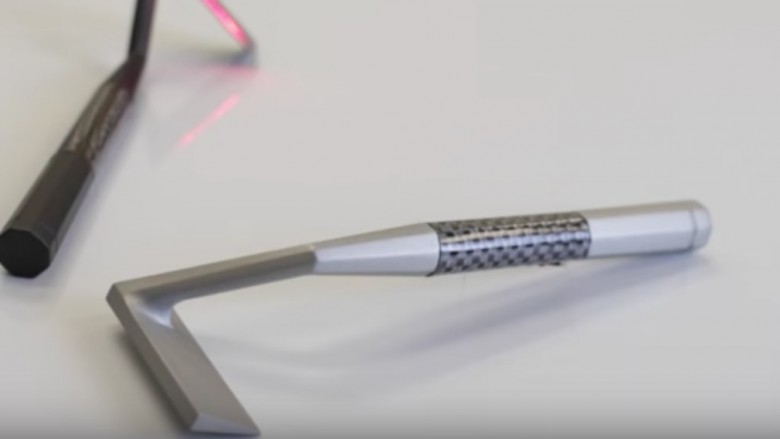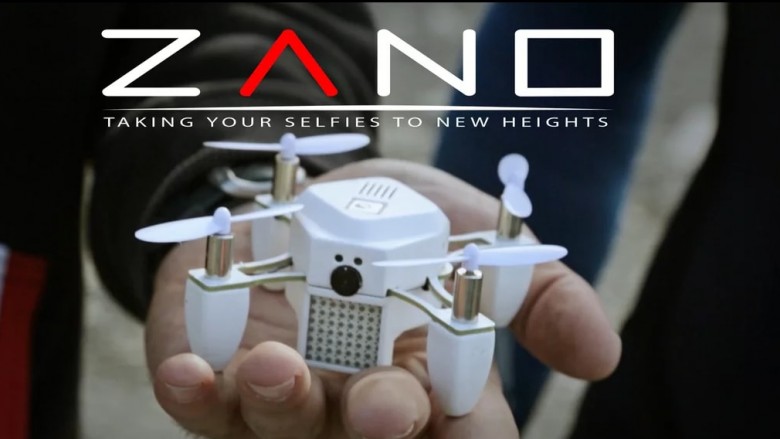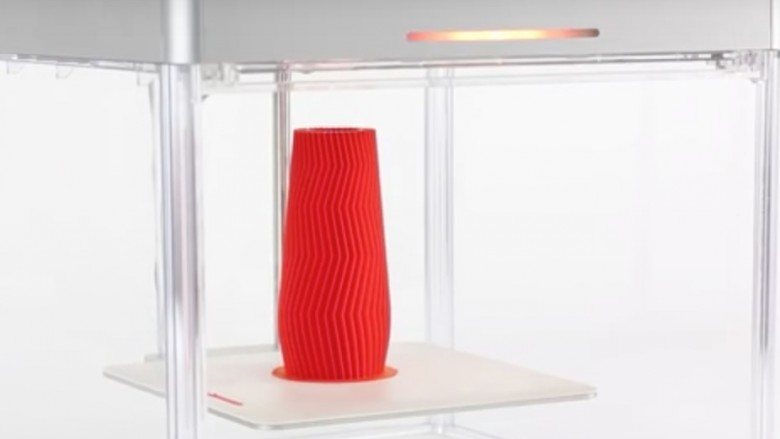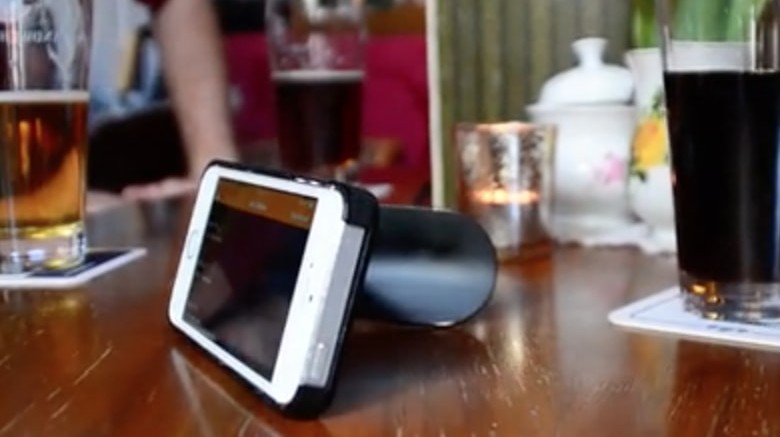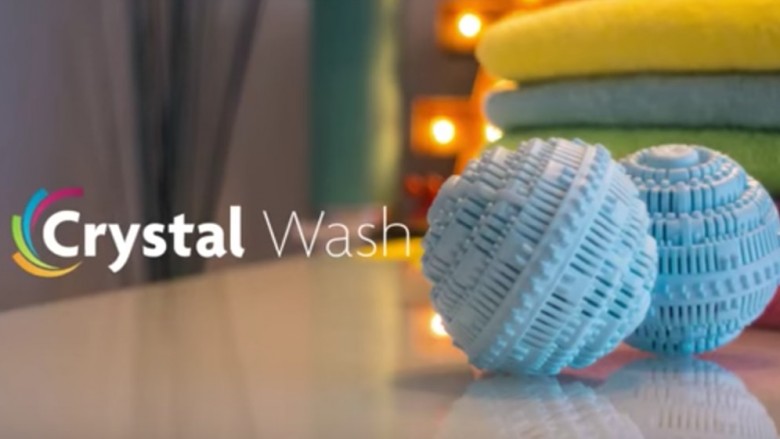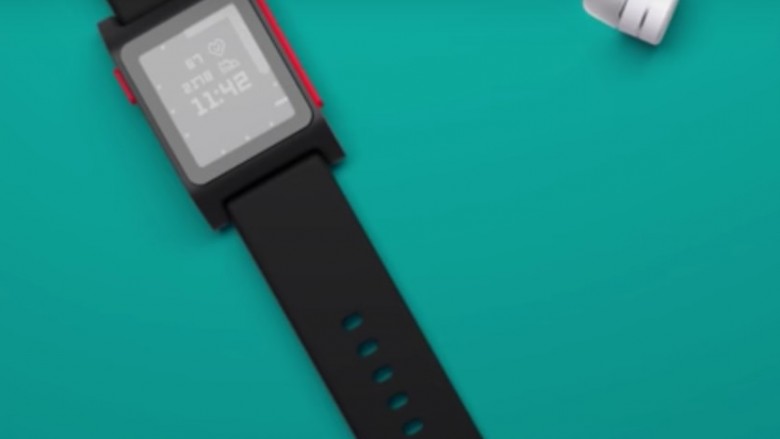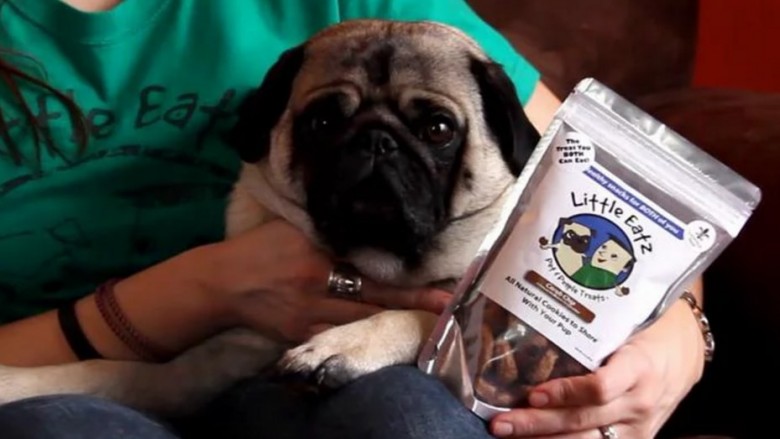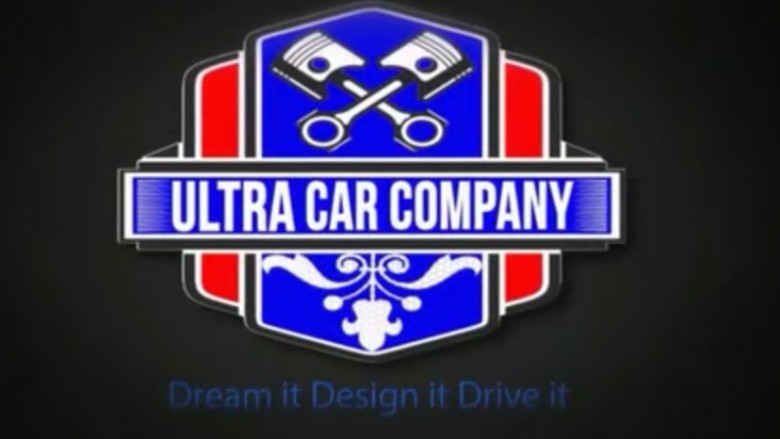Craziest Kickstarter Failures Of All-Time
We may receive a commission on purchases made from links.
Kickstarter gives creative individuals, entrepreneurs, and Zach Braff the funds to make their visions a reality. But simply opening up a page doesn't guarantee success. If you're thinking about setting up a Kickstarter for your latest project, and you want it to be successful, don't do what these folks did:
Skarp Laser Razor
First of all, we need to discuss how horrible this product's name is — Skarp sounds like a character on Street Sharks who didn't make the cut. Speaking of cut, apparently the Skarp Laser Razor didn't do a great job with cutting hair, yet because they dazzled folks with the idea of laser technology, the Skarp company was able to raise over $4 million.
However, Kickstarter suspended the campaign, because they require that there needs to be a working prototype. Skarp took their business elsewhere — and by elsewhere, we mean IndieGogo — and finally produced a video that showed a working prototype ... kind of. The prototype technically did work, but not well. In fact, the razor could only cut two hairs at a time, perfect for those folks who like to make shaving an event that takes a few days. You know — when you want to be one with yourself and you can pretend you're Captain Picard while you do some extensive bodyscaping. "Sorry, I can't make plans with you this weekend, I have to stay home all day Saturday and Sunday to shave my soul patch."
Kobe Red Beef Jerky
Kobe beef is considered some of the best meat in the world, so when an LA-based company called Magnus Fun set up a Kickstarter touting their delicious, Japanese-bred-and-beer-fed Kobe Red jerky, it didn't take much time for the money to pour in. Despite some obvious red flags (nobody from Mangus Fun identified themselves in the campaign video, and their company was not a registered business in the state of California), and text message customer testimonials on their page that sounded like they came from a creepy misconnections Craigslist ad ("My boyf licked that brownsugar flavor off my fingers- we r looking 4 u mr. we want more! What is the name of that meat?") Kobe Red Beef Jerky was able to raise over $120,000.
However, due to some diligent sleuthing by two filmmakers, minutes before the campaign ended, Kickstarter suspended it. If it weren't for those meddling kids, Magnus Fun would have walked away with the biggest Kickstarter heist in the website's history. Since the controversy, anyone associated with Magnus Fun hasn't been heard from. We're guessing they're in hiding, secretly perfecting a recipe for a tasty catfish jerky.
ZANO
Tiny drones are a dime a dozen now, but back in early 2015, they were somewhat of a novelty. UK-based Torquing Group set up a Kickstarter for their smartphone-controlled drone called ZANO in January of that year. Something like a palm-sized drone with the ability to take selfies and HD video shouldn't have a problem raising funds, and it didn't. In fact, it was a Kickstarter darling — the self-proclaimed "most sophisticated nano drone in the world" exceeded its goal of £125,000 ($190,000) and managed to raise over £2 million (almost $2.5 million).
The folks over at Torquing Group promised they would be shipping out drones to backers six months later. Just like our favorite space-aged laser razor, ZANO didn't deliver what they promised, and people started to get suspicious when they got zilch. ZANO was still in the prototype stage when they should have been shipping out drones — also, according to Slate, Torquing Group was up to their eyeballs in debt and used some of the money for dubious purposes, like buying BMWs for high-profile investors.
Torquing Group ended up going bankrupt, but they did manage to send a handful of ZANOs out to backers in November, 2015. The verdict: dollar-store balsa wood planes could fly better than the ZANO, and those lucky enough to actually get one were extremely disappointed.
The Buccaneer
Pirate3D Inc had an excellent concept: A 3D printer so easy, even your children could use to make small toys like Creepy Crawlers, albeit with more technology. Back in 2013, Pirate3D earned close to $1.5 million on their Kickstarter campaign to bring their affordable, consumer-grade 3D printers to market. But making it reality turned out to be more work, and was more expensive, than they thought: it took them until the end of 2015 to start shipping out printers, and not all the orders were fulfilled.
Pirate3D claimed that they need more money, despite how, in their initial Kickstarter campaign, they were only asking for $100,000. While they didn't intend to plunder backers like a group of tech-savvy scallywags, and the printer (if you were able to get one) was actually a great gadget, the Buccaneer was simply the captain of an overzealous ship that was bound to sink.
Monterey Jack: Pimp Simulator
What do you get when you combine '90s PC-style gameplay, misogyny, and cheese that tastes well on a burger? You get an idea from William Tihin called Monterey Jack: Pimp Simulator. With only $305 pledged by 7 backers (we guarantee none of those backers were members of Tihin's family) and a lofty goal of $44,300, even if you've been drinking from your pimp cup all day, you'll know why this Kickstarter about smacking ladies of the night on the mean streets of Pimpadelphia failed miserably.
Apparently, Tihin suspended the campaign on his own, probably before Kickstarter found out that he was trying to get money for a game that literally promotes violence against women. After all, at least the Grand Theft Auto franchise has compelling storylines — this game stars a dude named after a dairy product. But you have to hand it to Tihin (literally, because the main character in this game was a pair of hands) — he had long term goals like Oculus rift support, a VR strip club simulator mini game, and a zoo district. Who knew pimps like to hang out at the zoo on their days off?
Loe Cover
Have you ever looked at the back of your smartphone and thought, "You know what I need? A smartphone case that also works as a shoehorn?" Probably not, but if you have, then you're probably Tobias Spittler, the designer of the Loe Cover.
This Kickstarter was a losing combination of something you always use with something you never use — clearly, the masses were not onboard despite German engineering. The campaign video for The Loe Cover showed a bunch of hip millennials (because it's Kickstarter) out and about using the product with ease at the gym and at a nightclub. When was the last time you needed to change your shoes at a nightclub, but more importantly, when was the last time you've actually used a shoehorn?
However, don't think of The Loe Cover as a one-trick-pony — the shoehorn part could also be used as a stand for your smartphone, because why not prop your phone that you just used to put on a stinky pair of kicks up on a table you're about to eat on. The Loe Cover only received a little over 2,000 Euros, disappointing the five backers who somehow wanted to use their smartphone to help them put on a pair of ill-fitting wingtips.
Crystal Wash 2.0
The Crystal Wash 2.0 promises that it will clean your laundry without so-called "harmful" detergents. All you need to do is toss this thing that eerily resembles the Death Star in your washing machine and you're good to go. Kickstarter liked the product so much, they actually made it a staff pick, which helped them raise close to $269,000.
However, the Crystal Wash 2.0 is pure poppycock, no matter what the mommy blogger or cool hipcat Youtube personality du jour says. Yes, these balls will kind-of clean your clothes, but they certainly won't get them as clean as regular old detergent. It's basically if you ran your washing machine with nothing but water. What's more: laundry ball products that promise clean clothes via "charging molecules" have been around since the 1990s, and even the Federal Trade Commission put a consumer alert out to warn about these products. And yet, despite the many claims that the product is hokum, and the decades of proof that products just like it are hokum, the Crystal Wash has rave reviews on Amazon (maybe one or two aren't paid for by the company, who knows!) and are available to purchase.
Pebble
The Pebble and Pebble 2 were both Kickstarter powerhouses during the early days of the smartwatch boom, raising almost $13 million. On the surface, you could see Pebble as a success, but now we're smack dab in the middle of the smartwatch bust (Dick Tracy lied to us, these things suck), and if you have a Pebble, it's pretty much just a rock now.
Gizmodo reported that the Pebble is DOA, after the company was bought out by Fitbit at the end of 2016. All warranties have been voided, they will not be fulfilling shipments on their latest endeavor, and will have to issue refunds to all those who backed it. If you're a Pebble owner, it'll have a good home next to your MiniDisc Walkman, mini Casio TV, and the Betamax player your grandfather left you in his will.
Little Eatz
The early days of Kickstarter were like the Wild West — case in point, back in 2012, a couple from Kentucky had the novel idea of producing a cookie that both you and your dog could enjoy together. Or rather, "enjoy," because although we didn't try Little Eatz, we're positive we wouldn't choose a bag of them over Thin Mints, or even stale store brand "chocolate with vanilla cream" cookies. Besides, we already have food we and our dogs both enjoy: our food.
Little Eatz only made $251, but the company was still able to chug along for a couple of years before calling it quits in 2014. The couple behind the product announced via Facebook back in 2016 that they started a new venture called Table Waiters. You know the people who are seat fillers at the Oscars? Well, it's similar to that, but instead of folks keeping Matt Damon's chair warm while he runs to the bathroom, these people have the less-glamorous job of waiting at a chain restaurant in suburbia, because somehow Becky Soccer Mom is too important to actually wait twenty minutes at Outback Steakhouse. Currently, the page for Table Waiters has three likes on Facebook, so they probably won't have a crowdfunding campaign anytime soon.
ULTRA Car Company's ANNIHILATOR
Who knew the gang from It's Always Sunny in Philadelphia wanted to get into the exotic car-building business? Or maybe Borat, Kazakhstan's favorite journalist, is getting into the supercar game to help him score with the ladies? Well, whoever's behind the ULTRA (You know they mean business when their name is all in caps) Car Company, they have one thing on their mind: a need for speed.
The fine folks at Jalopnik believe this is intended as a joke, and it does kind of seem that way. Probably because the video includes a voiceover actor who sounds like the someone who failed their Monster Jam commercial gig, not to mention the countless typos and a panache for caps lock. Even with how ridiculous this project seems to be, Kickstarter did not suspend the campaign, and their car, the ANNIHILATOR (again with the all-caps) managed to get a little over $1,000 from 6 backers who wanted a "NO holds bar super car built 4 21st century."
Why did it fail? They were asking for $1,000,000 — even if it was meant as satire (nobody has come out to say that it was in fact a joke), even a non-gearhead knows that it would take a hell of a lot more money to make a car that looks like something straight out of California Speed on N64.

